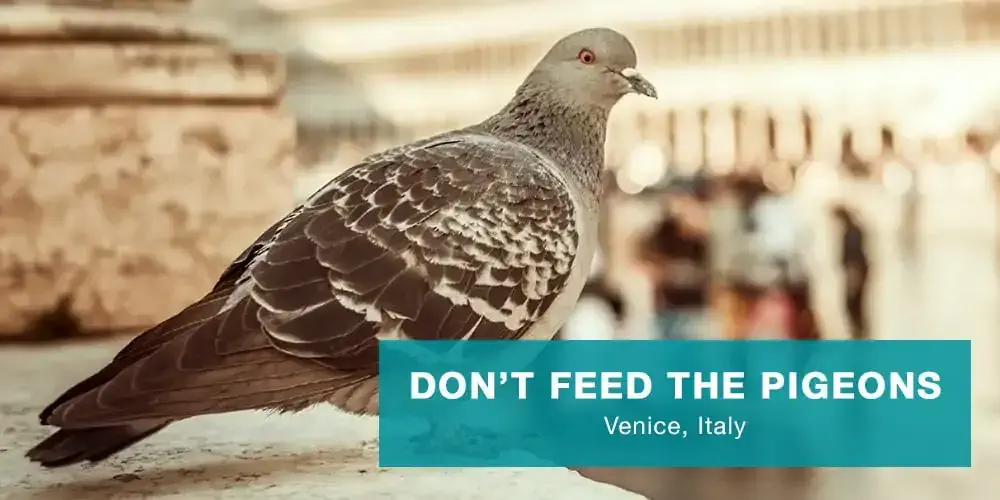We often travel to broaden our horizons and experience the world’s rich cultural tapestry. This can sometimes mean that we come across social behaviours and traditions which are totally new to us. A simple, well-intended gesture, like a thumbs up, can have an entirely different meaning in another country and in some parts of the world is actually equivalent to giving someone the finger. To avoid accidentally getting yourself in hot water, we’ve come up with a list of some of the more common social faux pas that travellers make.
Don’t tip in Japan
Tipping is not common practice in Japan and is actually seen as rude in many cases. The Japanese see excellent service as standard and tipping is seen as unnecessary to maintain such quality. It may feel strange not to tip for excellent service, but just try and see it as a little bonus spending money.
Flights to JapanHotels in Japan
Don’t shake hands in Thailand
Travelling through Thailand you will notice the Thai ‘wai’, a greeting performed by a slight bow, with the palms pressed together in a prayer-like fashion. Handshakes are not a traditional greeting in Thailand and many people may feel uncomfortable engaging in this very western greeting. Although the famous Thai smile is multi-faceted and slight shifts in the smile convey different meanings, if you’re ever unsure how to greet someone, a smile will never be unwelcome.
Flights to ThailandHotels in Thailand

Don’t chew gum in Singapore
Chewing gum in public is forbidden in Singapore. Importing and buying chewing gum is also banned. Beware: Spitting your gum out in public will result in an instant SD$500 fine. It’s easiest just to leave your gum at home.
Flights to SingaporeHotels in Singapore
Don’t be late in Germany
As far as cultural stereotypes go, the Germans have been shouldered with being very efficient and extremely punctual. Keeping people waiting is generally frowned upon in Germany. However, in the German capital things are much more relaxed, and young Berliners take a much more chilled approach to time-keeping.
Flights to GermanyHotels in Germany
Don’t finish all your food in China
Food etiquette differs from country to country. In some countries, belching after a meal shows appreciation rather than causing offence and in others, it’s considered disrespectful to finish your meal too quickly. In China, it’s considered polite to leave something on your plate. If you finish everything on your plate, no matter how delicious it was, it tells your host that they didn’t provide you with enough food and were, therefore, a bad host.
Flights to ChinaHotels in China
Don’t feed pigeons in Venice
Once a tradition, feeding the pigeons in Venice is now forbidden by law and can result in a hefty fine. The law was put in place because of general health concerns, the cleanup and repair costs for the build-up of pigeon guano and scratches to historic buildings, and because pigeons actually eat the marble itself.
Flights to VeniceHotels in Venice

Never whistle indoors in Russia
Dymkovo toys are a beautiful tradition in Russia. Small, clay pennywhistles in the shape of people, birds, and animals, and while blowing one is never a problem outdoors, you should never whistle in any form once a roof is over your head. Whistling of any description is believed to bring misfortune to the house. On that note, beware of whistling at night in Thailand as well, as you are actually calling ghosts to you.
Flights to RussiaHotels in Russia
Have you even been in a situation where you’ve learnt what not to do the hard way? Share your experience in the comments!







